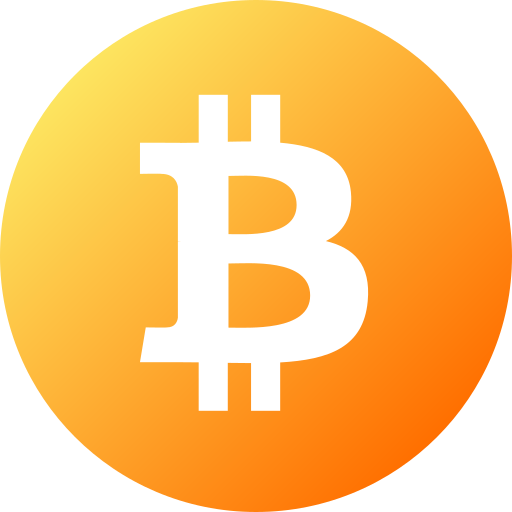

Over $4 trillion value of actual property could possibly be tokenized on blockchain networks through the subsequent decade, probably providing traders larger entry to property possession alternatives, in response to a brand new report.
The Deloitte Center for Financial Services predicts that over $4 trillion value of actual property could also be tokenized by 2035, up from lower than $300 billion in 2024. The report, printed April 24, estimates a compound annual development charge (CAGR) of greater than 27%.
The $4 trillion of tokenized property is predicted to stem from the advantages of blockchain-based belongings, in addition to a structural shift throughout actual property and property possession.
“Real estate itself is undergoing transformation. Post-pandemic work-from-home trends, climate risk, and digitization have reshaped property fundamentals,” in response to Chris Yin, co-founder of Plume Network, a blockchain constructed for real-world assets (RWAs).
“Office buildings are being repurposed into AI data centers, logistics hubs and energy-efficient residential communities,” Yin informed Cointelegraph.
“Investors want targeted access to these modern use cases, and tokenization enables programmable, customizable exposure to such evolving asset profiles,” he stated.
Related: Blockchain needs regulation, scalability to close AI hiring gap
The uncertainty triggered by US President Donald Trump’s import tariffs has boosted investor curiosity within the RWA tokenization sector, which entails minting monetary merchandise and tangible belongings on a blockchain.
Both stablecoins and RWAs have attracted important capital as safe-haven belongings amid the worldwide commerce considerations, Juan Pellicer, senior analysis analyst at IntoTheBlock, informed Cointelegraph.
The tariff considerations additionally led tokenized gold volume to surpass $1 billion in buying and selling quantity on April 10, its highest degree since March 2023 when a US banking disaster noticed the sudden collapse of Silicon Valley Bank and the voluntary liquidation of Silvergate Bank
Related: US banks are ‘free to begin supporting Bitcoin’ — Michael Saylor
Blockchain innovation might drive regulatory readability
Growing RWA adoption might encourage a extra welcoming stance from international regulators, Yin stated.
“While regulation is a hurdle, regulation follows usage,” he defined, likening tokenization to Uber’s development earlier than widespread regulatory acceptance:
“Tokenization is similar — as demand increases, regulatory clarity will follow.”
He added that making tokenized merchandise compliant with a variety of worldwide rules is vital to unlocking broader market entry.
However, some business watchers are skeptical about the advantages launched by tokenized actual property.
“I don’t think tokenization should have its eyes directly set on real estate,” stated Securitize chief working officer Michael Sonnenshein at Paris Blockchain Week 2025.
“I’m sure there are all kinds of efficiencies that can be unlocked using blockchain technology to eliminate middlemen, escrow, and all kinds of things in real estate. But I think today, what the onchain economy is demanding are more liquid assets,” he added.
Magazine: Ripple says SEC lawsuit ‘over,’ Trump at DAS, and more: Hodler’s Digest, March 16 – 22
Read MoreCointelegraph.com News
